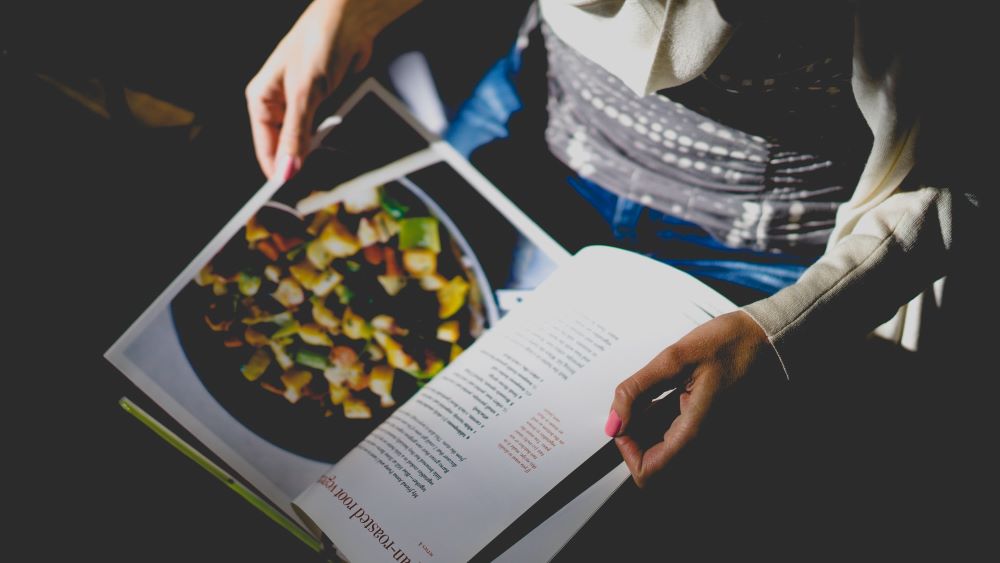
In this post, medical students from the Edinburgh Medical School reflect on a unique community engagement project that they spearheaded: Creating a recipe book geared towards the homeless population. This post is part of Teaching Matters Leaning & Teaching Enhancement Theme: Books that inspire our teaching.
As part of our second year medical studies we were given the opportunity to undertake a project. Unlike past projects, the design and goal was entirely up to us. Our group was formed through a collective interest in creating a recipe book, and we decided that we wanted the project to be meaningful and positively impact the homeless population. “Cooking Without A Cooker” was created to be an accessible, easy to follow recipe book for people in homelessness who often struggle due to difficulty in accessing cooking facilities as well as limited ingredient options. Entering the project with little experience or knowledge about homelessness was a challenge, but with the help of our tutor Dr John Budd – a GP who works with homeless people at the Edinburgh Access Practice – we expanded our understanding. Through meetings with various homeless charities, food banks and dieticians we ascertained the likely availability of specific cooking equipment, access to nutritious ingredients and level of cooking experience within the homeless population – this was key in helping us create a recipe book that would actually be valuable to this demographic.
Through our meetings, we were able to establish which equipment was commonly available in temporary accommodation. With this information, we decided to focus our recipe book on recipes utilising kettles, microwaves and toastie machines. While taking common nutritional deficiencies into consideration, we designed healthy recipes using nutritious yet accessible and cheap ingredients. Appreciating that traditional kitchen apparatus (e.g., scales) wouldn’t be available, the recipes were adjusted to maximise accessibility. Accessibility was also a priority when writing recipe instructions, we ensured that all methods were worded concisely to make them straightforward to follow.
Impact
By collaborating with food banks, we have been able to expand the reach of our project and ensure it is accessible for people living in temporary accommodation and with limited cooking facilities. Excitingly, we have had lots of kind support promoting the recipe book on social media and acquiring print copies for distribution. We had no idea there would be so much interest in our book! The feedback from people involved has assured us that our recipes are a useful resource for people living with limited access to cooking facilities and needing to budget. We hope the book may also help make nutritional eating more accessible for people who are homeless or living in temporary accommodation.
A long-term goal for our recipe book would perhaps be to expand it further by adding new recipes and tips. Although we researched the dietary needs and budgetary limitations of people who are homeless or living in temporary accommodation for our project, it is clear we barely scratched the surface and it is something we are all keen to keep learning more about. It would be great to work alongside experts in this field to help us advance our recipes and our project to ensure it is useful and beneficial to as many people as possible.
Reflections
Student Selected Component 2b (SSC2b) provided us with a great opportunity to pursue a project of direct interest to us. We loved seeing what all the other groups in our year came up with. The flexibility of the SSC2b brief gave us the freedom to create something we are all truly proud of and want to keep working on, and indeed we are continuing to raise awareness of the project thereby increasing the reach of the recipe book. We have learned so much, both experience and skills, which we aim to carry with us into our future group and team work. The knowledge we have gained about the challenges faced by people living in homelessness and temporary accommodation is something we hope we can use and expand upon in our future practice as doctors to find ways to support these groups of people.
- The full cookbook is available here: https://drive.google.com/file/d/1EQw7KrhV5CN0eRLOUKuUPPbTPCsAXwyI/view
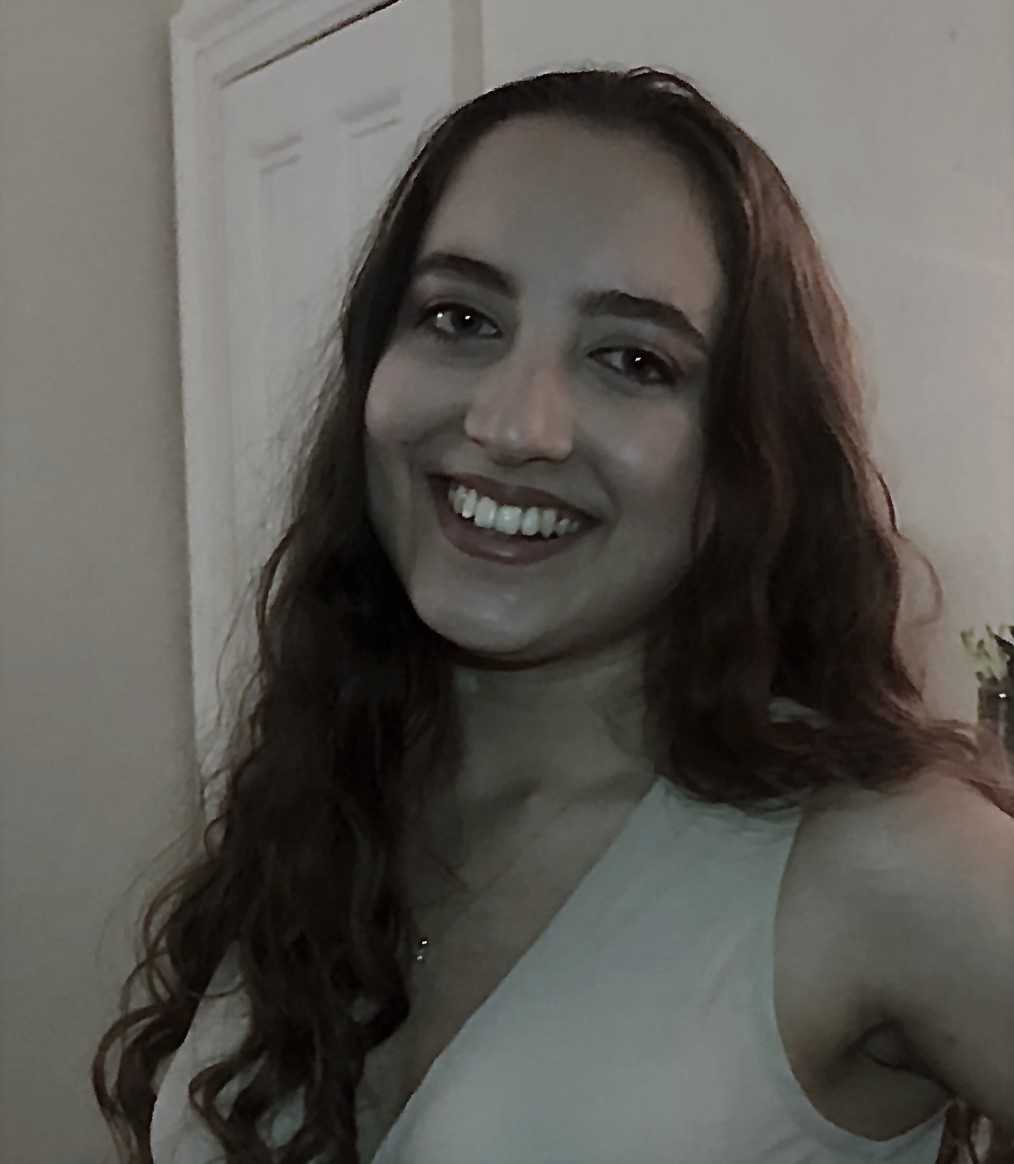 Jasmin Hart-Brooke
Jasmin Hart-Brooke
Third-year medical student from Leeds, intercalating in Global Health Policy.
 Sandra Sam
Sandra Sam
Third year medical student from Edinburgh, intercalating in Reproductive Biology.
 Prithi Natarajan
Prithi Natarajan
Third year medical student from Edinburgh, intercalating in Anatomy and Development.
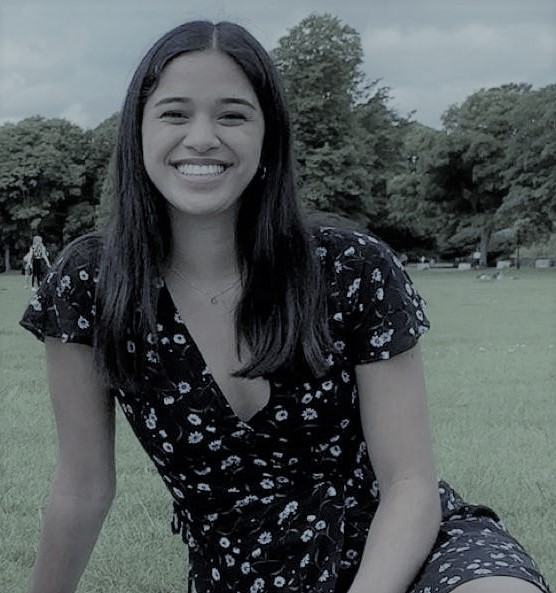 Anya Tan
Anya Tan
Third-year medical student from Aberdeen, intercalating in Global Health Policy.
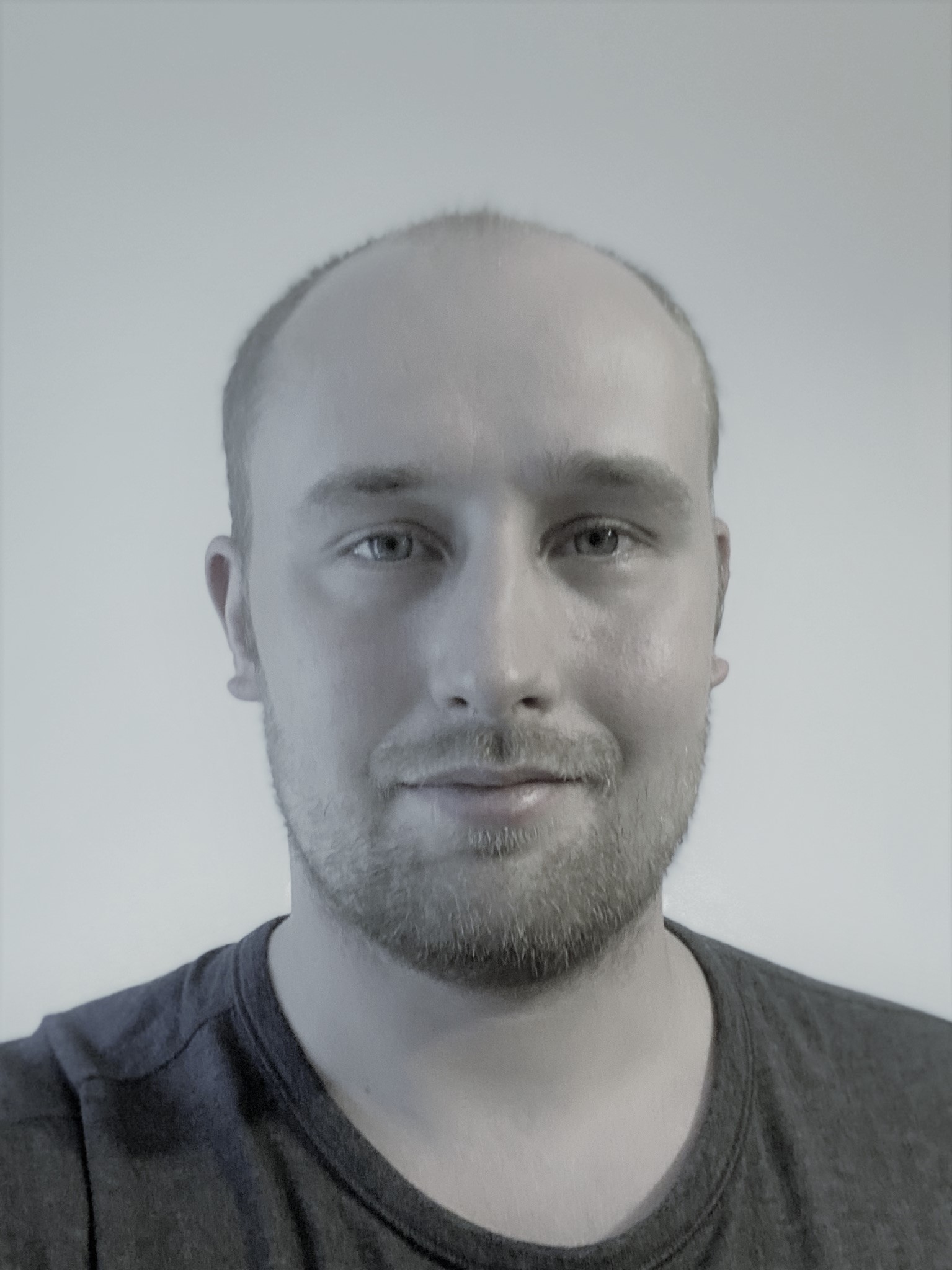 Jordan Dewart
Jordan Dewart
Fourth-year medical student from Edinburgh, with a BSc Hons in Medical Sciences.
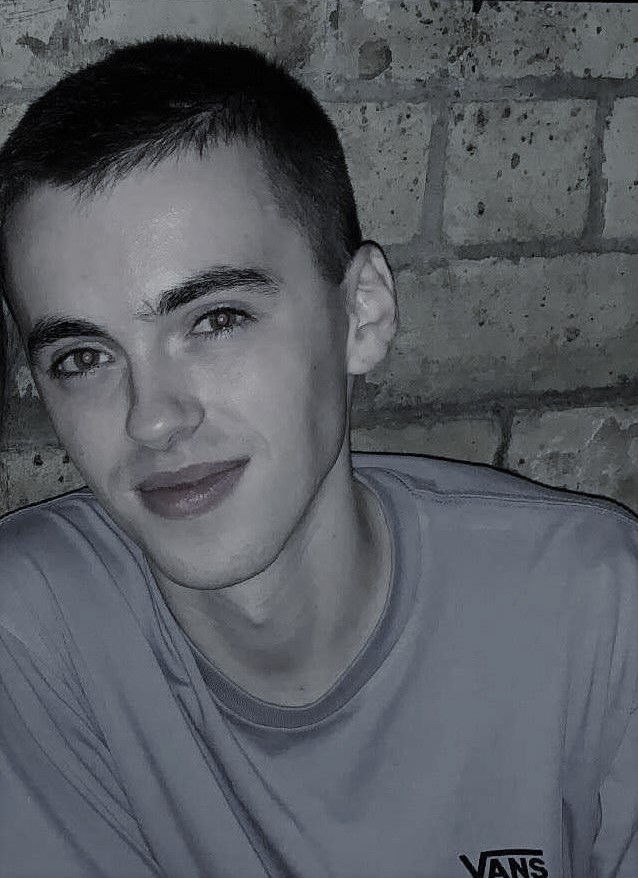 Stuart Chalmers
Stuart Chalmers
Stuart Chalmers: Third-year medical student from Glasgow, intercalating in Health Sciences.
 Alex Mazilu
Alex Mazilu
Third-year medical student from St Andrews, intercalating in Reproductive Biology.


Well done to all of you! It has been a privilege to be able to help get your recipe book out into the world. It’s now on its 2nd print run. It’s gone as far north as Aberdeen and as far south as Bradford!
Hi! The link included here is broken, is there any way I can gain access to this information? Thank you.
Hi Vanessa, Do you mean this one? https://drive.google.com/file/d/1EQw7KrhV5CN0eRLOUKuUPPbTPCsAXwyI/view
Let us know, if that works.
Thank you for your interest.